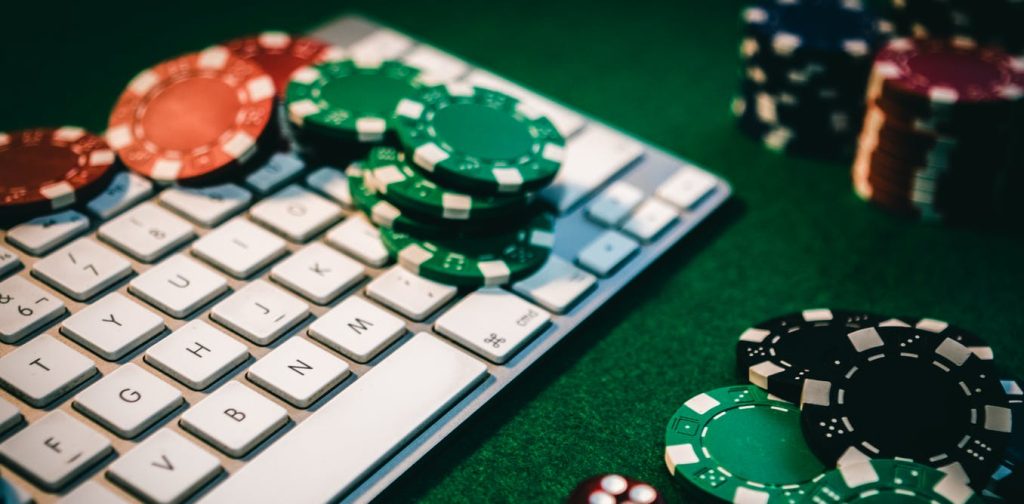In the dynamic realm of online gambling, the psychology of luck superstitions plays a pivotal role in shaping players’ perceptions and behaviors. The digital landscape offers a unique platform for individuals to engage in games of chance, and the intertwining of psychology and superstitions becomes particularly evident in the pursuit of luck. Many online gamblers harbor deep-seated beliefs in rituals and symbols that they believe can influence the elusive concept of luck. Whether it is a lucky charm, a specific routine before playing, or a chosen seat at the virtual table, these superstitions reflect an inherent desire to control the uncontrollable, injecting a sense of order into the unpredictable world of gambling. One prevalent superstition revolves around lucky numbers. Online gamblers often develop attachments to specific numbers, convinced that these digits hold the key to their fortunes. Whether derived from personal experiences, cultural influences, or simply arbitrary preferences, the fixation on certain numbers transcends the logical boundaries of probability.

This psychological inclination towards assigning significance to numbers creates a sense of comfort and familiarity, contributing to a positive mindset that can impact decision-making during gameplay. Moreover, the psychology of luck superstitions extends to rituals and routines that players adopt before and during online gambling sessions. From wearing a particular garment to following a specific sequence of actions, these rituals are believed to summon favorable outcomes. The power of such superstitions lies in their ability to provide a sense of control, however illusory it may be. Engaging in rituals before placing bets serves as a psychological mechanism to cope with the uncertainty inherent in gambling, fostering a semblance of order in an otherwise chaotic environment. The virtual realm amplifies these superstitions, as players seek to transfer their beliefs from the tangible to the digital space. Online platforms may lack the physicality of traditional casinos, but the psychological impact of luck-related superstitions remains potent.
The click of a mouse or the swipe of a touchscreen becomes imbued with symbolic significance, as gamblers believe they can influence the digital dice roll or card shuffle through their actions. Understanding the psychology of luck superstitions in online gambling is not only crucial for individual players but also for the operators of these platforms live betting broadcasts. Online casinos often leverage these psychological tendencies to enhance user experiences, incorporating elements that cater to players’ superstitions. Whether through visually appealing lucky symbols or personalized avatars, these elements contribute to a more engaging and immersive environment, potentially influencing players’ perceptions of their own luck. In conclusion, the psychology of luck superstitions in online gambling highlights the intricate interplay between human cognition and the allure of chance. As players navigate the digital landscape in search of fortune, the influence of superstitions underscores the complex relationship between belief systems and decision-making, shaping the very essence of the online gambling experience.

